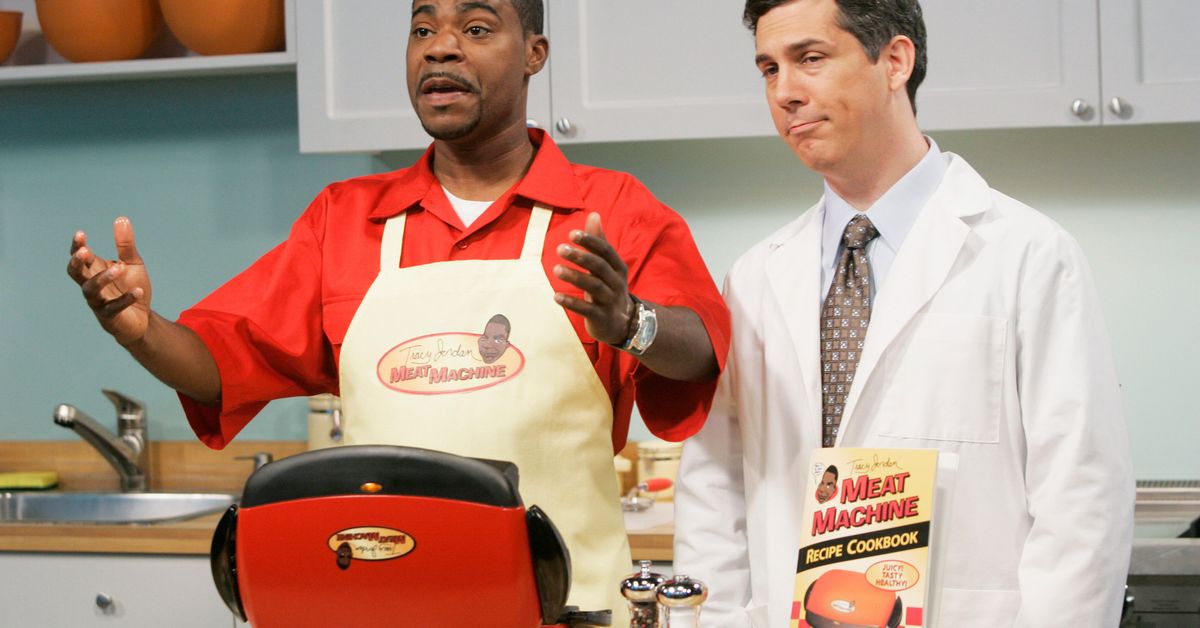
- Select a language for the TTS:
- UK English Female
- UK English Male
- US English Female
- US English Male
- Australian Female
- Australian Male
- Language selected: (auto detect) - EN
Play all audios:
There is one thing coronavirus can’t stop: it can’t stop the babies arriving. And now pregnant women are advised to limit their social contacts. Not because they are known to be in
particular danger from coronavirus, but because there is a limited quantity of evidence to suggest the opposite. In fact only one baby is known to have been born with the virus, which
otherwise doesn’t appear to cross the placenta or to be transmitted by breastmilk. And yet, at this particular moment of Monday’s public briefing, I thought I saw the Prime Minister fighting
a momentary quaver. Despite all the off-colour jokes around his role as a progenitor, Boris is still a dad and a dad-to-be: for our nation’s First Fiancée, Carrie Symonds, whose birthday is
today, is expecting their baby pretty much around the expected peak of the outbreak. As a doula (professional birth companion) and antenatal teacher, my heart goes out to her. Social
contact is quite literally a lifesaver for new mums. There is no bigger enemy of perinatal mental wellbeing than solitude and isolation. It is not natural for a new mother and baby to be
alone in a flat — every recorded human society has surrounded the “mother-baby dyad” in a cocoon of care and friendship. And what about the birth? What can women like Carrie do to have a
truly happy birth day? We are already seeing maternity units banning second birth companions, even when these are trained, experienced doulas. This is short-sighted and simply puts more
strain on midwives. I’m hearing ugly rumours that home birth services will be shelved, too, because hospitals want to have all their midwives in one place where they can order them from room
to room, rather than “out in the field” giving a woman one-to-one undivided attention. Given that we expect the NHS to be unbearably stretched, surely it would make more sense to encourage
low risk women to reduce, firstly, their contact with random strangers, and, secondly, to reduce the demand they place on the system, especially on doctors? And let’s recall that legally,
all women — or pregnant people if you prefer — in the UK have the right to give birth in the way they want to, where they choose to. Medical staff cannot “make” a woman give birth in a
particular way, or “allow” her to have her own preference, because these are not decisions for medical professionals to make. It’s her body and if she is a competent adult she has the right
to make her own decisions. At least that is what the law says. According to an enormous study published less than ten years ago — the Birthplace Study — planning to have a baby at home is a
safe option for low risk mothers planning their second or third baby. It is not only safe, but also minimises the chance of interventions requiring a doctor. For first time mothers, there is
more of a risk of a baby getting into trouble but it is still a small risk. Home birth is significantly cheaper than a hospital vaginal birth and a fraction of the cost of an emergency or
elective caesarean. It also gives a woman more options: if she needs to transfer to hospital or feels she’d be safer or more comfortable there, she has a choice. Midwives, contrary to
popular belief, are super-cautious and at a home birth are extra vigilant, ready to transfer into hospital at the drop of a Sonicaid. In hospital, I anticipate some unwelcome arguments
around pain relief. If doctors of all types are rounded up to help with coronavirus cases, these will surely include anaesthetists, which may mean that epidural anaesthesia won’t readily be
available for women unless they are having a caesarean birth. That’s an extremely upsetting thought. But this might also be a good time to reflect on how epidurals are also associated with
more babies having to be helped out with forceps or ventouse by doctors. And it might also be a good time for NHS obstetricians to start taking seriously the best-known ways of minimising
interventions for a low-risk labouring mother: stay at home for as long as you can, keep hydrated, mobile and mostly upright, have calm, reassuring supporters — and relax. If Carrie Symonds
were my daughter, then if her pregnancy was low risk I’d want her to decamp to Chequers, where she has privacy, and hire a brace of independent midwives (packages start at £4,000) so that
she can give birth without adding strain to the local NHS resources. If she ends up transferring to hospital, one of the midwives will still be allowed by her side as a birth companion. If
Carrie is not low risk, then once again it would relieve pressure on the NHS to hire independent midwives to work alongside the local NHS team. But the choice is entirely hers and nobody
else’s. If Dominic Cummings dares to try to tell her where to have her baby, I hope she tells him, in blunt four-letter Anglo-Saxon, to go forth and multiply.





